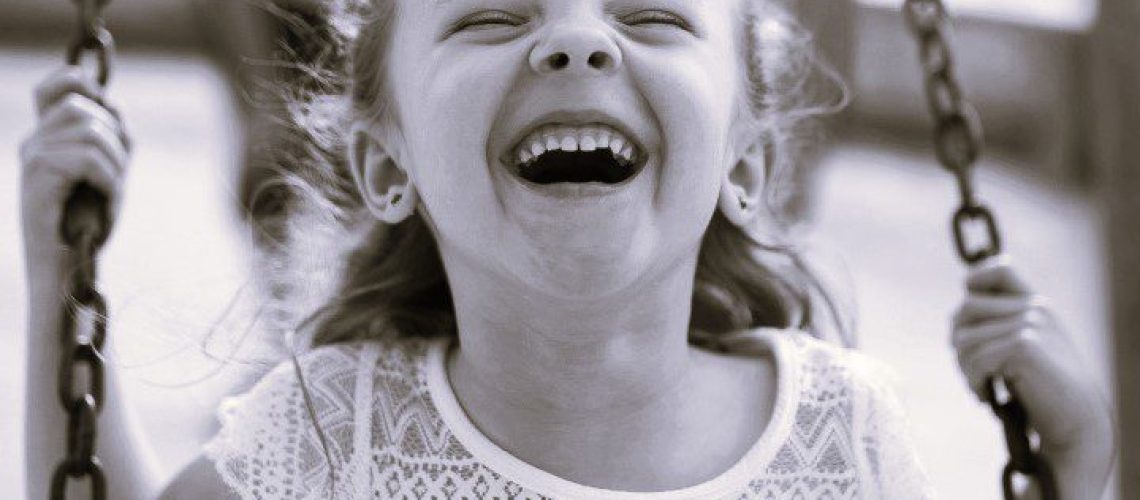Children today are growing up in a world filled with constant noise. From television screens to tablets, and countless options that flood our minds, let a lone a child’s, with data, news, trends, and influences. Children are surrounded by stimuli that can shape their emotions in powerful ways, for better and for worse.
Raising children who are emotionally aware is one of the most meaningful commitments a parent can make. Emotional awareness helps children recognize and name their feelings, develop empathy, and build resilience in the face of life’s inevitable challenges. As a parent, I have found that nurturing emotional awareness requires intention, patience, and consistency.
One of the most powerful lessons I have learned from authors such as Janet Lansbury is that children watch closely how we handle our own emotions. When I take a pause before reacting, breathe deeply, or acknowledge aloud that I am feeling stressed, I model that emotions are natural and manageable. My children and I often remind ourselves, “Take a deep breath and count to four.” We first heard that phrase on an episode of Daniel Tiger, and while it may seem simple, this level of transparency teaches children (and adults) that feelings do not have to be hidden or feared. Instead, they can be understood and expressed in healthy ways. At times, my children remind me to pause and breathe, which proves how much we are growing and learning together.
To continue on that sentiment, Janet Lansbury, an author I respect and value, once said, “When we help our children feel all of their feelings, we are not raising children who never get upset, we are raising children who can cope with being upset.” That perspective is powerful because it reminds us that emotional awareness is about acceptance, not avoidance.
One way to support emotional awareness is to allow children to name their feelings without judgment. When a child says they are angry, sad, or scared, acknowledging that truth gives them permission to process it. Instead of telling them to stop crying or to “be strong,” parents can create space for those emotions. This builds trust and teaches that feelings are a natural part of being human.
Modeling is another important step. When children see adults pause, breathe, and respond calmly, they begin to mirror those behaviors. Parents who openly share their own emotions in a healthy way give children a framework for self-expression. A simple practice such as saying, “I am feeling frustrated, so I am going to take a breath before I continue,” demonstrates how to regulate emotions with honesty. Adults are not perfect, and we will make mistakes. Honoring our humanity shows children that growth is part of life.
Routines also help create emotional safety. Evening reflections, gratitude cards, prayer, or short mindful check-ins help children know that emotions are welcomed instead of pushed aside. In my family, we often sit in a circle, sometimes holding hands, to share a moment together. The kids giggle and occasionally roll their eyes, but the space feels sacred, our family circle to check in. Even when a child says something as simple as, “I had a good day because I had a popsicle,” they are still learning that there is always a safe space for healthy self-expression. When a child seems “wild” or “all over the place,” telling them to calm down rarely helps. Meeting them at their level and checking in gently often reveals more than we expect. Children today live in a very different world than the one many of us grew up in, and they need our help processing their emotions just as much as we need to manage our own.
The world will remain loud and unpredictable. Just turning on the news or a loud YouTube channel is enough to overwhelm the mind. However, when children grow up in homes where their emotions are valued and understood, they gain tools that guide them well into adulthood. Raising emotionally aware kids is not about controlling emotions but about teaching presence, compassion, and honesty. That foundation is one of the greatest gifts a parent can offer. The process takes time and there is no single secret formula, only patience, consistency, and love.
Start small with a family circle, a family game night, or anything that encourages dialogue, warmth, and love, preferably with technology set aside. These simple practices create lasting bonds and show children that their emotions matter.
Mindfully curated by Debra Gudema for Well&Co.
📸: Capuski / iStock

